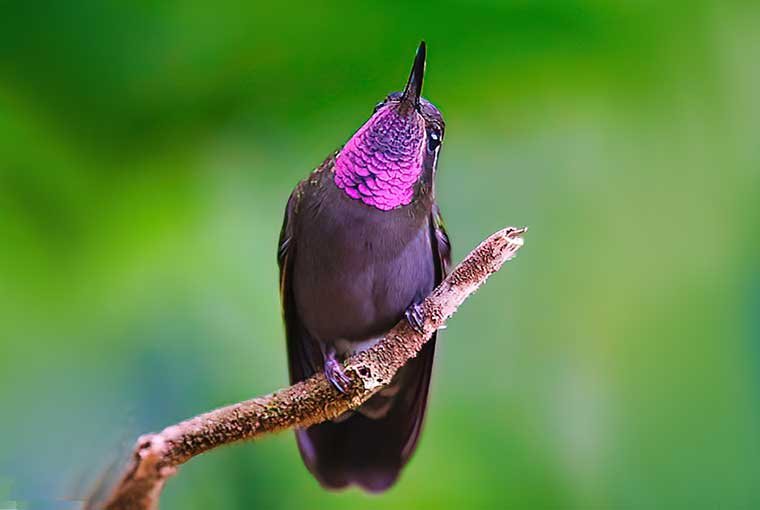2017 Brings Hope for Pacific Birds: A New Era of Conservation
2017 Brings Hope for Pacific Birds: Embracing New Initiatives
Two thoundsand seventheenth marks a pivotal year in the realm of conservation, especially for Pacific birds, injecting fresh optimism into these efforts. This year stands out as a continuation of the momentum gained in 2015, with the successful restoration of Acteon and Gambier Islands in French Polynesia. Now, the conservation focus has shifted, setting sights on the significant restoration of up to 18 islands in the Marquesas and Rapa, French Polynesia, hence, 2017 brings hope for Pacific birds.
Assessing and Revitalizing Nature: A Proactive Approach in 2017
In January, a dedicated team, including BirdLife French Polynesian partner SOP Manu and others, will commence an important journey to the Marquesas. Their mission is twofold: firstly, to thoroughly evaluate the current ecological state and secondly, to tackle the technicalities of the restoration program, while continually engaging with the local communities. Funded by the David and Lucile Packard Foundation, this initiative is crucial for the conservation of Pacific birds, particularly in 2017.
Rapa’s Satellite Islets: Restoring Bird Habitats in 2017
Moreover, the restoration of Rapa’s nine satellite islets, a key component of this ambitious project, is scheduled for early 2018. Financially secured, this effort promises to be another significant stride for nature, especially for the diverse assemblage of seabirds unique to this region. Thus, 2017 brings hope for Pacific birds, setting a foundation for future successes.
The Quest for Elusive Birds: Strengthened Efforts in 2017
Additionally, 2017 will see intensified attempts to locate the nesting sites of elusive bird species like the Becks Petrel. After the challenges faced in 2016, the team, armed with improved strategies, is cautiously optimistic about their upcoming endeavors. Concurrently, there’s an urgent need for funding to pinpoint the Fiji Petrel’s nesting sites, a task made more pressing after the loss of a key petrel locator dog.
Ensuring the Survival of Endangered Species: Focus on 2017
Focusing on critically endangered species, such as the Fatu Hiva and Tahiti Monarch, remains a top priority. The survival of these birds hinges on effective predator control and habitat restoration, particularly for the Fatu Hiva Monarch, with its population perilously low. 2017 brings hope for Pacific birds, spotlighting the need for continued support and action.
Empowering Communities for Sustainable Future: The Role of 2017
Finally, empowering local communities is vital for sustainable conservation. The extreme weather events of the past year, notably Cyclone Winston, have underscored the importance of supporting these communities. They play a crucial role in conservation, particularly for Pacific birds. In this light, 2017 brings hope for Pacific birds, marking a year of rebuilding and enhanced collaboration.
A Unified Call to Action: Supporting Conservation in 2017
BirdLife partners, as staunch defenders of nature across the Pacific, are engaged in numerous projects, all vital for the protection of birds. To halt extinctions and support local communities, their efforts need global backing. Your support and donations are crucial, especially as 2017 brings hope for Pacific birds, paving the way for a brighter future in conservation.




